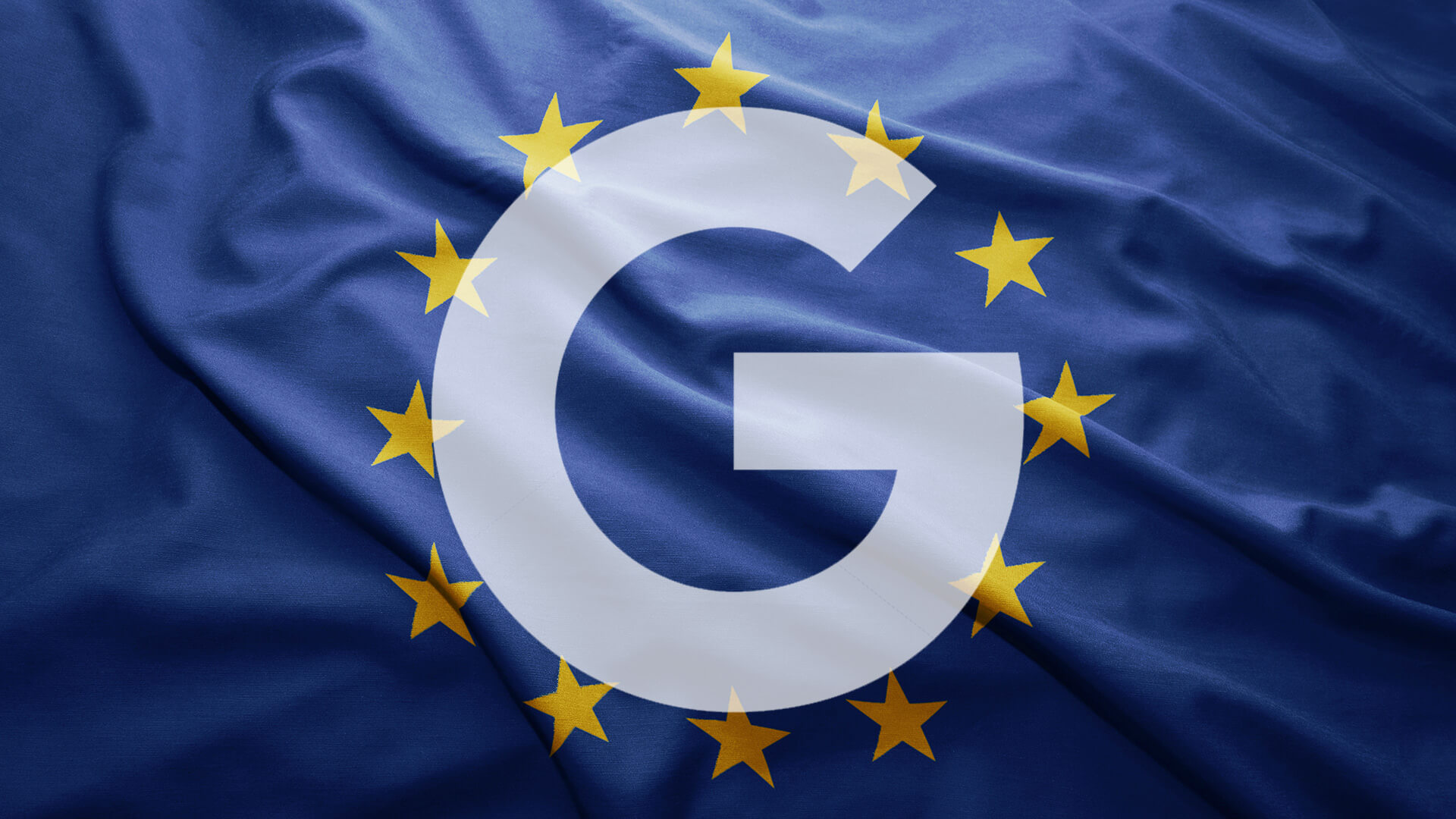The article discusses the need for advertisers targeting consumers in the European Economic Area (EEA) to take immediate action in order to prevent potential performance issues with their advertising campaigns. Specifically, marketers must send verifiable consent signals to Google as the search engine prepares to enhance the enforcement of its EU User Consent Policy (EU UCP).
Google has cautioned that failing to take these steps promptly could have negative effects on campaign performance, impacting both reach and return on investment. To ensure compliance with the EU UCP, advertisers and their technology partners must upgrade to the latest versions of the Google Ads API and Display & Video 360 API if they utilize Google APIs/SDKs to share audience data with Google.
For app advertisers, updating to the latest version of the Google App Conversion Tracking API or SDK is necessary to facilitate proper communication of consent signals and ensure compliance with user choices. Additionally, app advertisers working with App Attribution Partners (AAP) will need to upgrade to the latest AAP SDK/API version and collaborate with their AAP partner to ensure that consent signals are effectively communicated to Google.
It is important to note that these requirements have implications for all advertisers targeting consumers in the EEA, regardless of the location of the advertiser. The article emphasizes that with evolving privacy regulations and the impending deprecation of third-party cookies, it is critical for advertisers to implement solutions like consent mode to ensure the effectiveness of their audience and measurement solutions.
The EU User Consent Policy introduced by Google aligns with European privacy regulations and requires marketers using Google for advertising to obtain and respect end-users’ consent. The objective of this policy is to ensure compliance with established privacy standards within the online advertising ecosystem.
In a statement, a Google spokesperson highlighted the significance of consent mode in light of the planned third-party cookie deprecation in the second half of 2024 and the regulatory changes in the privacy landscape. Consent mode is presented as a tool to help advertisers prepare for these changes by leveraging consented first-party data and Google AI.
The article also encourages readers to read Google’s announcement in full for a more comprehensive understanding of the requirements and implications of the EU UCP. Overall, this article serves as a call to action for advertisers targeting consumers in the EEA to take the necessary steps to comply with Google’s EU UCP and ensure the performance and effectiveness of their advertising campaigns.
Read Full Article
